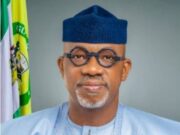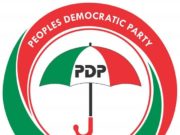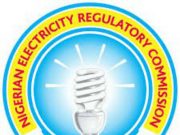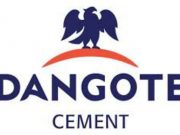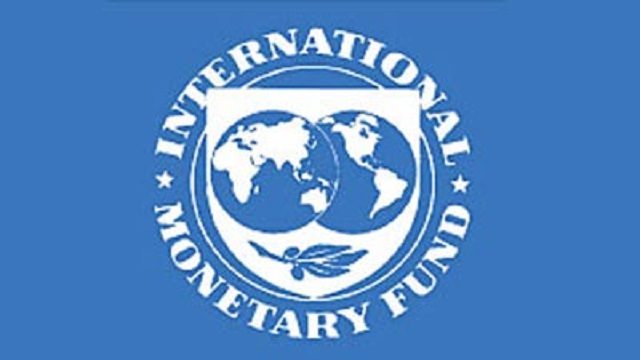The International Monetary Fund (IMF) has asked the Central Bank of Nigeria (CBN) to allow commercial banks to determine dollar buy-sale rates to boost foreign capital flows to the economy.
The Fund said a unified and market-clearing exchange rate remains critical to enhancing confidence of foreign investors in the economy.
The IMF, which made the disclosure in its 2022 Article IV Consultation concluding statement following an official staff visit to Nigeria, insisted that continued forex shortages, a stabilised exchange rate regime, rising inflation, limited debt servicing capacity, and administrative restrictions on current transactions fuel devaluation speculations.
“These factors hinder much needed capital inflows, encourage outflows and constrain private sector investment. The mission reiterated its past recommendations to move towards a unified and market-clearing exchange rate by dismantling the various exchange rate windows at the CBN accompanied by clarity on exchange rate policy and supportive fiscal and monetary policies.”
“In the medium term, the CBN should step back from its role as main forex intermediator, limiting interventions to smoothing market volatility and allowing banks to freely determine forex buy-sell rates,” it stated.
The Fund also advised Nigeria to remove fuel subsidies and address oil theft as a major step to narrow fiscal gap. The Fund advised that as a near-term priority, there is urgent need to remove fuel subsidies fully and permanently, which disproportionately benefit the well-off, by mid-2023 as planned.
“The government should also prioritize addressing oil thefts and governance issues in the oil sector to restore production to pre-pandemic levels. Step up implementation of tax administration reforms,” it said.
The Fund said fiscal transparency is critical for a sound fiscal policy. “Notwithstanding recent improvements, some gaps remain. While the authorities have published the annual financial reports of the Nigeria National Petroleum Corporation (NNPC) since 2019, uncertainties remain regarding the nature of tax write offs and fuel consumption volumes”.
“The mission recommended a closer look at the nature of NNPC’s financial commitments to the government and the costing details of the fuel subsidy, including through a financial audit”.
The IMF also advised Nigeria to resolve weak smaller banks and proceed with the winding down of the Asset Management Corporation of Nigeria (AMCON) by end-2023.
The Fund said that notwithstanding higher oil prices, the economy is expanding at slightly above the population growth rate.
“The double-digit increases in Nigeria’s terms of trade and significant improvement in the trade balance created an opportunity to build fiscal space and foreign exchange (FX) reserves, but that opportunity was not harnessed,” it said.
IMF said inflation is elevated and fuel subsidies remain a formidable drain on fiscal revenues adding that ensuring macroeconomic stability requires tightening across all policy levers, and stronger revenue mobilization and exchange rate reforms.
“In addition to consistent macroeconomic policies, a more robust growth trajectory would require measures to decisively tackle governance weaknesses and implement trade and agricultural reforms,” it recommended.
The mission welcomed the steady implementation of the tax automation system (TaxPro Max) and recommended stepping up efforts to further expand coverage under a well-designed roadmap and strengthen taxpayer segmentation centering on the Large Taxpayer Offices (LTOs).
In the medium-term, it asked the authorities to develop a compliance improvement programme and comprehensive customs modernization programme, improve the effectiveness of the State Internal Revenue Service’s administration of the Pay-As-You-Earn (PAYE) system, and strengthen inter-agency coordination and data sharing.
On tax policy reforms, the mission advised the authorities to consider adjusting tax rates to levels comparable to the average in the Economic Community of West African States (ECOWAS) as compliance improves.
“This includes further increasing the VAT rate to 15 per cent by 2027 in steps while streamlining numerous VAT exemptions based on systemic reviews, increasing excise rates on alcoholic and tobacco products while broadening the base, and rationalizing tax incentives by streamlining tax expenditures based on comprehensive periodic reviews.”
Credit: thenationonlineng.net















